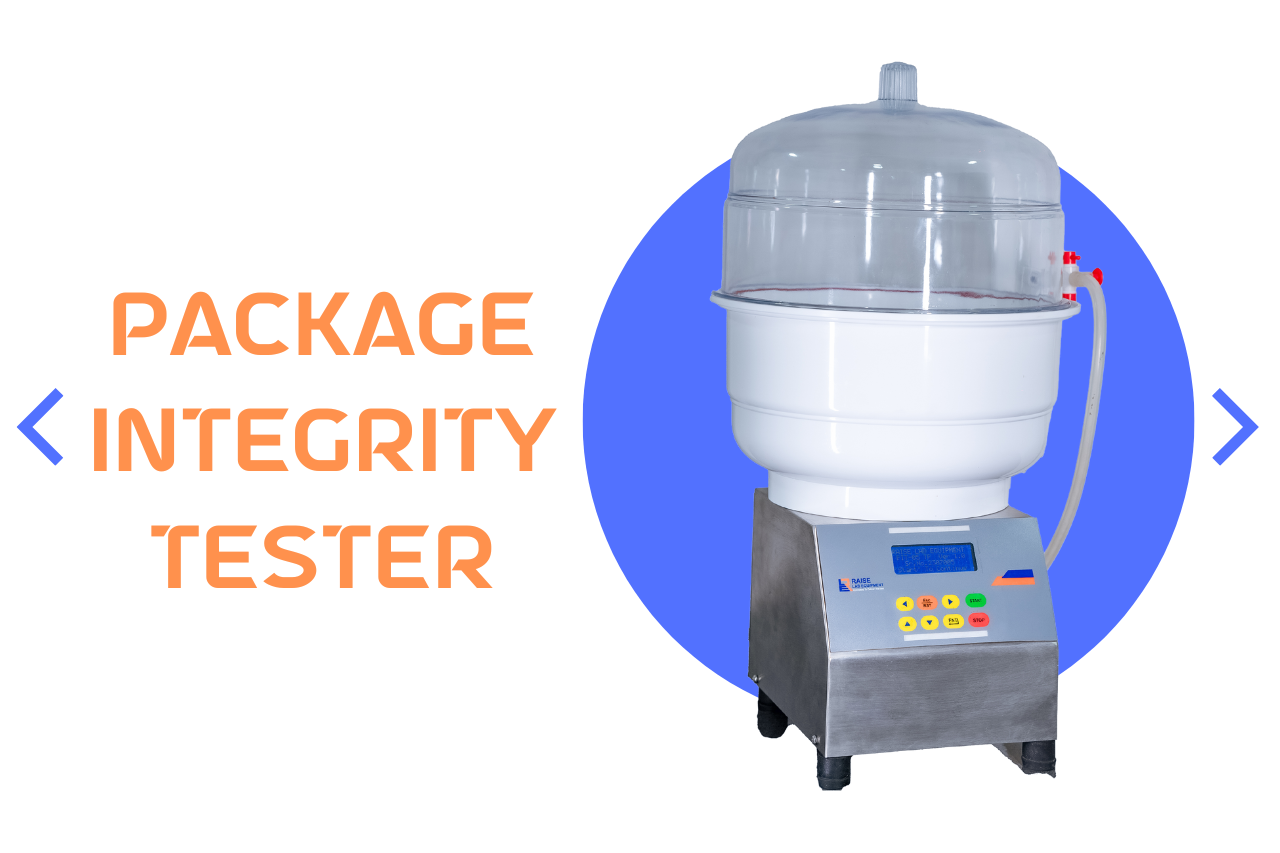Package integrity testing is an indispensable process in manufacturing and distributing products, aiming to identify and prevent packaging issues that could lead to damage before products reach consumers. This becomes particularly crucial in industries such as food and pharmaceuticals, where the quality of packaging directly impacts consumer perceptions, and even the slightest leaks can result in product deterioration, tarnishing brand image and business reputation. This article delves into the multifaceted aspects of package integrity testing, exploring its importance, methodologies, and critical role in preserving product quality.
Detecting Leaks: A Critical Measure of Product Quality:
Detecting leaks is a pivotal aspect of package integrity testing, as even the smallest breach in packaging can indicate a potential product failure. Leaks can lead to material seepage and environmental contamination, compromising the product’s integrity. The transportation and packaging processes subject products to various destructive forces, necessitating rigorous testing of the structural integrity of packaged products. This testing is essential to prevent leakage, ensuring that the package’s strength, quality, and robustness are maintained from production to consumption.
Uses of Package Integrity Testers:
In industries where product safety is paramount, such as pharmaceuticals and food, the packaging of products plays a pivotal role in providing the highest level of protection during transit and storage. Package integrity testers are indispensable tools, exemplified by instruments like poly films and laminate testing instruments. These testers contribute significantly to upholding industry standards and ensuring the safety and quality of the goods that reach consumers. Manufacturers are responsible for ensuring the best quality of packaging through thorough testing procedures, with the leakage integrity of packaging materials being a primary property that must undergo meticulous testing before the commencement of product packaging.
Types of Package Integrity Testing:
1. Seal Strength Testing:
Seal strength testing is a fundamental aspect of package integrity testing, primarily aimed at ensuring that the contents of a package remain securely contained. The integrity of seals is paramount to prevent contamination and maintain the overall quality of the product. Several testing methods are employed to assess seal strength, each offering unique insights into the package’s ability to withstand stress.
2. Leak Integrity Testing:
Leak integrity testing focuses on identifying and preventing leaks in packaging, which can compromise the quality and safety of the enclosed product. The pressure decay method is commonly employed in leak testing, where the package is pressurized, and any subsequent pressure drop indicates a potential leak.
Choosing the Right Testing Method:
The appropriate testing method is crucial and depends on various factors such as packaging design, material, process line, and environmental conditions. Considerations include whether to test only the seals or the entire package, the porosity of barrier materials, and budget constraints. Careful analysis ensures the selection of a package integrity testing method that best suits the specific product and industry requirements.
Blister Packs: A Revolutionary Packaging Solution:
Blister packs, composed of PET or PVC plastic packaging, represent an innovative packaging solution with applications in electronics, pharmaceuticals, and toy products. Their rugged nature provides robust protection while eliminating the need for additional cartons, reducing overall packaging costs. The main component of a blister pack is a cavity made from a formable web, with paperboard backing and a lidding seal of aluminium plastic, showcasing a balance between functionality and cost-effectiveness.
Vacuum Leak Testing in Pharmaceutical Packaging:
In pharmaceutical industries, where product durability and efficiency are paramount, vacuum leak testing becomes a crucial part of the process. It ensures product efficacy and safety by detecting any physical breaches in the packaging structure that could compromise product integrity. The Vacuum Decay Method, a non-destructive Container Closure Integrity method, is commonly used to test sealed packages. Manufacturers in the pharmaceutical industry leverage this method to ensure the integrity of packages after filling.
Conclusion:
Package integrity testing is not merely a procedural requirement but a fundamental aspect of delivering high-quality products to consumers. The meticulous detection and prevention of leaks ensure that products maintain integrity throughout the supply chain. Package integrity testers and innovative packaging solutions, like blister packs, play pivotal roles in upholding industry standards. As industries advance, the commitment to effective package integrity testing remains instrumental in fostering consumer trust and satisfaction. Manufacturers, irrespective of their size, must recognize the profound impact of packaging on branding and invest in rigorous testing procedures to ensure the best quality of packaging for their products.


